Contact Us
Address
The Octagon Project Energy Network Manchester Energy Partnership Limited Suite 3. 31 Station Rd, Cheadle Hulme Cheadle, Cheshire SK8 5AF United Kingdom
bepartofit@octagonproject.co.uk
Phone
0161 282 4528


MEPL seeks to employ cooperative principles, working in collaboration with all stakeholders, to decarbonise heat, improve local demand management (especially at peak-times), reduce energy consumption, and drive down cost, by creating economies of scale, to ensure the best combined use of all available energy resources, especially sustainable ones, to achieve best outcomes for all its stakeholders, as part of Manchester’s ambitious emissions reduction targets for net zero by 2038.
In addition, the OPEN will help to meet the expanding needs for heating and power in this important area of the city, which it will continue to deliver throughout the future lifecycle of the OPEN – expected to be more than 40 years, in service for the city of Manchester.
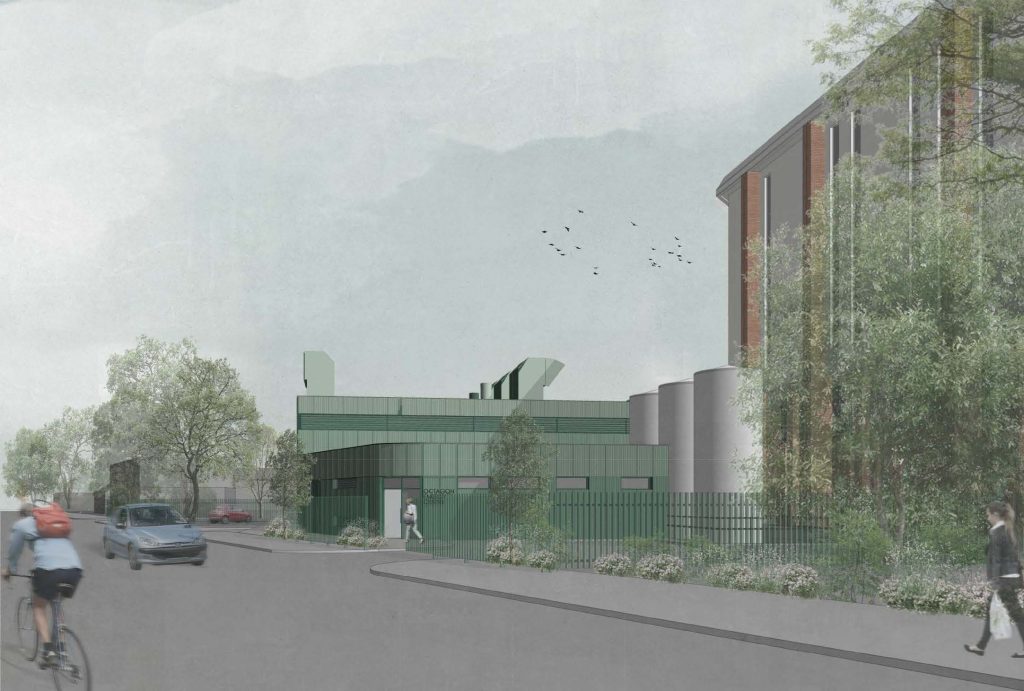
“Community Sustainability”, as opposed to “Insular Self-sufficiency”
The OPEN is a Decentralised Energy Network, being constructed across 5 square kilometres of central Manchester, which will start supplying heat and electricity to the city’s strategic Oxford Road Corridor, from early summer 2023.
“Decentralised”, means that both electricity and heat are generated
from a local Energy Centre (or Generation Hub) and then distributed to nearby properties and estates, via a new network of below-ground, insulated pipe-work and private-wire cables, serving the local community.
This contrasts with a Centrally Generated power, which is produced by large, often remote power stations, with all the attendant losses that result from grid transmission over the often long distances to the point of consumption.
Costing in excess of £35m (Capital Expenditure) the OPEN is being
undertaken by MANCHESTER ENERGY PARTNERSHIP LTD (“MEPL”),
a local energy generation, distribution, and management
company,which will supply up to 150GWhrs(heat) per annum and
80GWhrs(electricity) per annum (in phase 1), to a range of commercial, residential, public sector and educational off-takers, located in the Project Area from Q2/2023.
MEPL will provide community driven, locally generated, reduced carbon, heat and power, delivering maximum efficiency and economy, with significant cost savings to its off-takers (both operational and capital expenditure), whilst ensuring the highest levels of decarbonisation, resilience, continuity of supply and sustainability are achieved for its stakeholder/partners, located in the centre of Manchester and beyond.
Manchester seeks to lead the UK, both in its commitment to and delivery of a net-zero carbon economy by 2038, an initiative that both the City Council and Greater Manchester Combined Authority have pioneered since 2015. The OPEN will contribute to attaining these goals by helping its off-takers achieve their own carbon reduction targets.
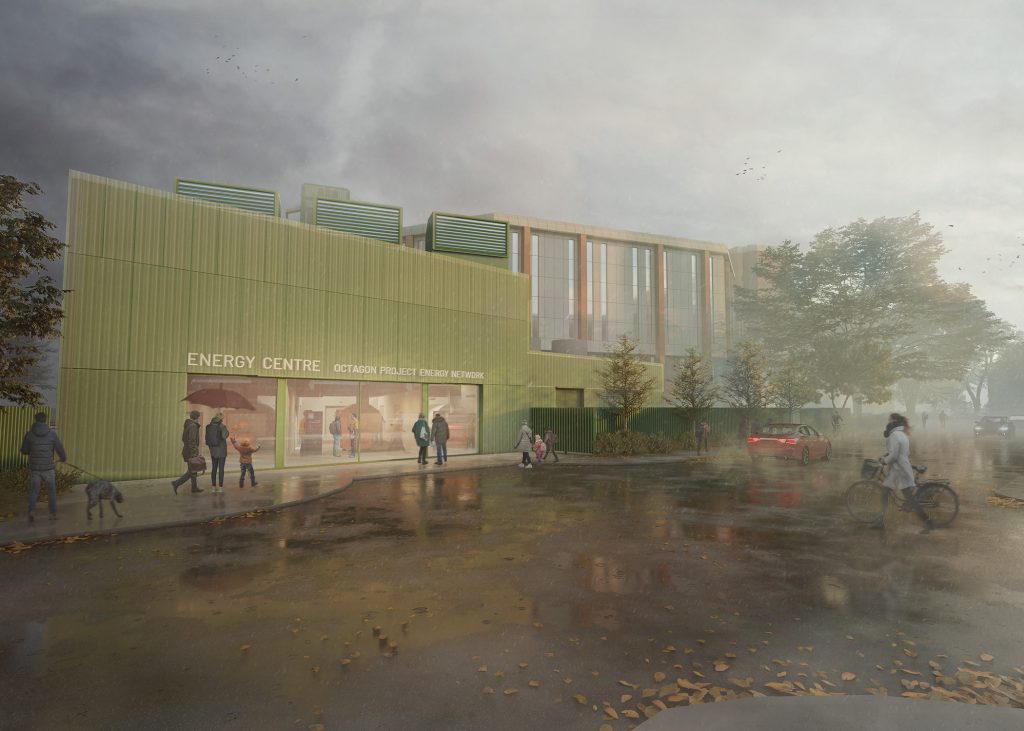
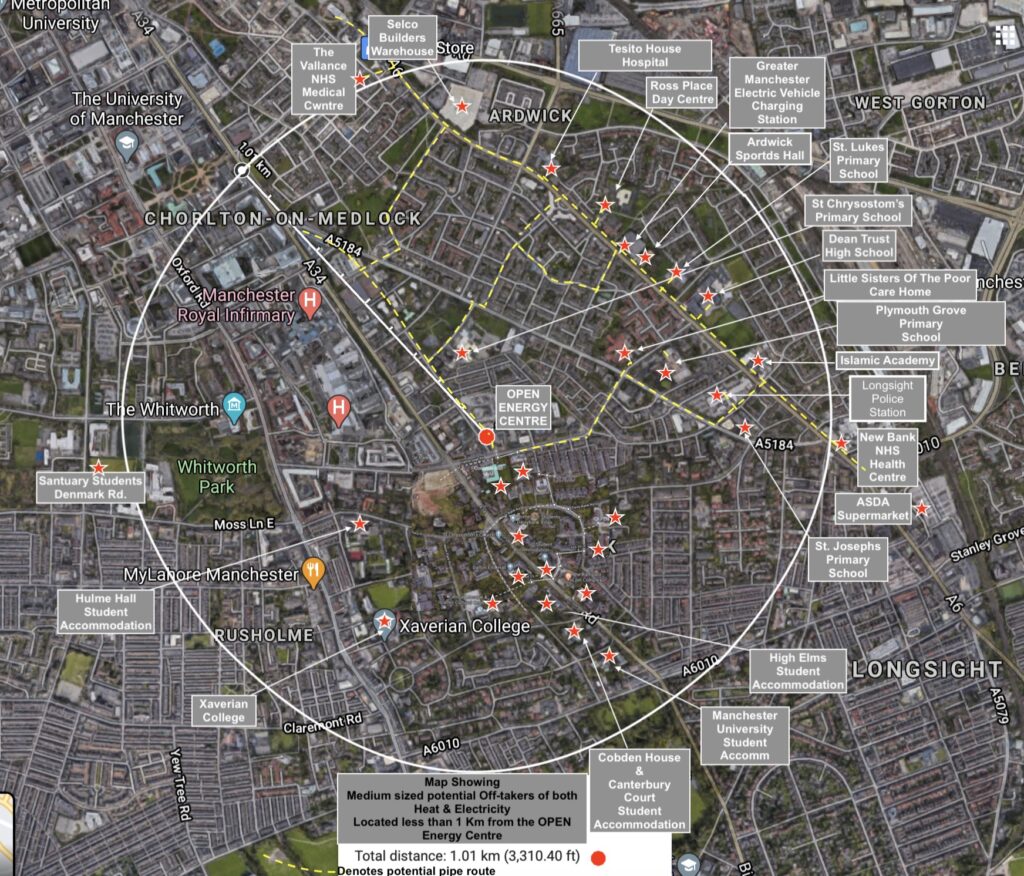
This important and bustling area of the city is home to the University of Manchester, the Royal Northern College of Music and many other schools and educational institutions.
It contains the Manchester University NHS Foundation Trust, the National Blood and Transplant Unit and many major life-sciences and healthcare research institutions, such as the National Graphene Centre and the Christabel Pankhurst Institute for health technology, research and innovation.
This hugely eclectic part of Manchester also includes multiple commercial businesses, offices, shops, hotels, theatres and leisure facilities, as well as well as Bulk Residential Energy Consumers, such as the Plymouth Grove Village and The Brunswick Village (over 2000 homes, mostly social housing) and a number of densely populated Student Accommodation blocks, providing over 12,000 bed-spaces to the city’s 72,000 full-time student population.
Multiplel stakeholders are targeted for connection in the early phase of the scheme.

The OPEN is driven by a new state-of-the-art GenerationHub, to be built on the 3-acre Octagon House site, on Hathersage Rd. At the heart of the scheme is the Energy Centre, for which planning approval was obtained for its construction in March 2021. It is expected to be generating electricity and distributed heat for phase 1 off-takers by Summer 2026.
Formally the headquarters of United Utilities and NORWEB, this strategically located site retains many of the attributes and essential infrastructure which is at the heart of the electricity distribution network in Central Manchester, including the Longsight Primary Sub-station.
New “smart” control systems and optimisation software will select the best generation technology available at the energy centre, along with raw fuel input (gas and electricity), to most effectively integrate local and national grid generation (in response to the level of renewable electricity available for the grid), to maximise efficiency, minimise raw fuel consumption and reduce net carbon emissions associated with the whole generation process.
As part of the distribution network, the OPEN control systems will interface with each off-takers local building management system, to remotely monitor their energy consumption, and enable the network to intelligently match the heat and power demand of all off-takers with the output of the energy centre, thus reducing energy consumption, creating better economies of scale and helping to achieve the best combined use of all energy resources.
This monitoring technology can automatically detect any efficiency issues associated with local secondary heat distribution and provide alerts, to help improve the on-site asset management capability for off-takers.
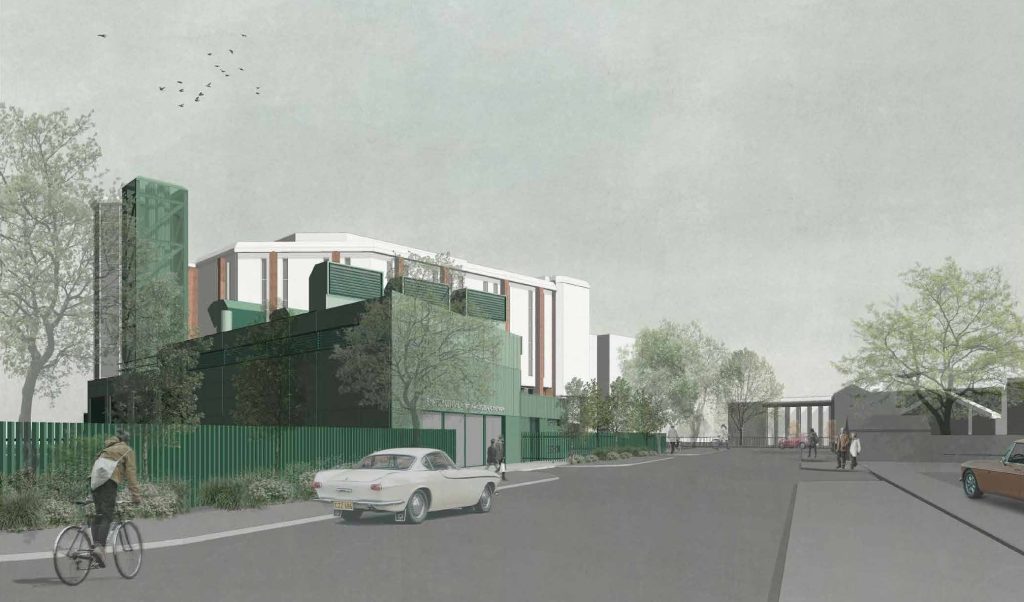
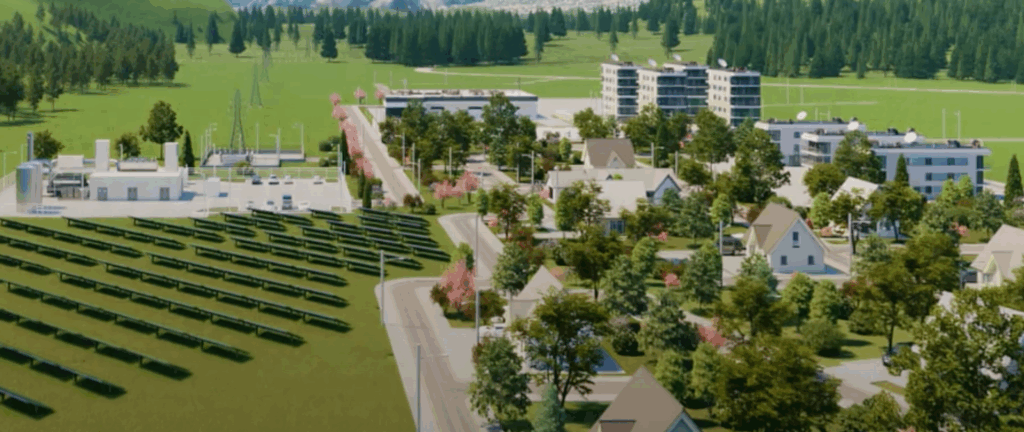
The installation will comprise a mix of established and renewable technologies, optimised to deliver the best energy solutions to the whole network.
Large scale Air Source Heat Pumps located on site, with other units strategically positioned around the network.
Transitional and Resilience technologies including efficient back up boilers and whilst appropriate the inclusion of CHP technologies capable of running on increasing levels of Hydrogen when practically deliverable to the site, combined with Water Source Heat Pumps
Sophisticated and responsive thermal storage combined with electrical storage assets.
Solar PV Arrays located at Octagon House and strategically positioned around the network.
The generation hub also retains the flexibility to integrate emerging technologies, such as deep-bore geothermal energy and carbon capture solutions, when these resources are economically and practically available.

“Decentralised Energy Networks offer a cost-effective, reliable and immediate solution to decarbonise heating and a pathway to net-zero”.
The success of a Local Energy Network is enhanced by the diversity of its off-takers.
The OPEN effectively overlays each of its off-takers different energy consumption requirements (both daily and
seasonally) to create a much smoother and more manageable composite demand profile for the whole network. In this
respect the OPEN contains an almost ideal blend and range of consumers; covering public sector bodies, commercial
organisations and bulk residential consumers, which will all benefit from cheaper, decarbonised, more sustainable and
efficient power, heating, hot water and cooling.
The OPEN will incorporate Sophisticated Network Management Systems to deliver maximum value to its Off-takers.
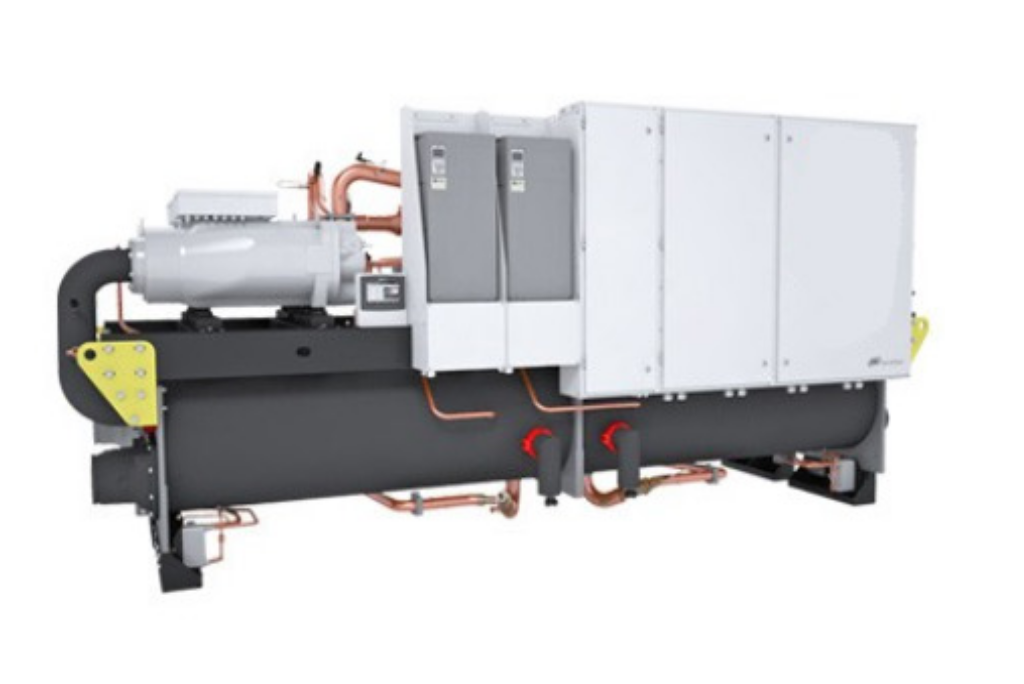
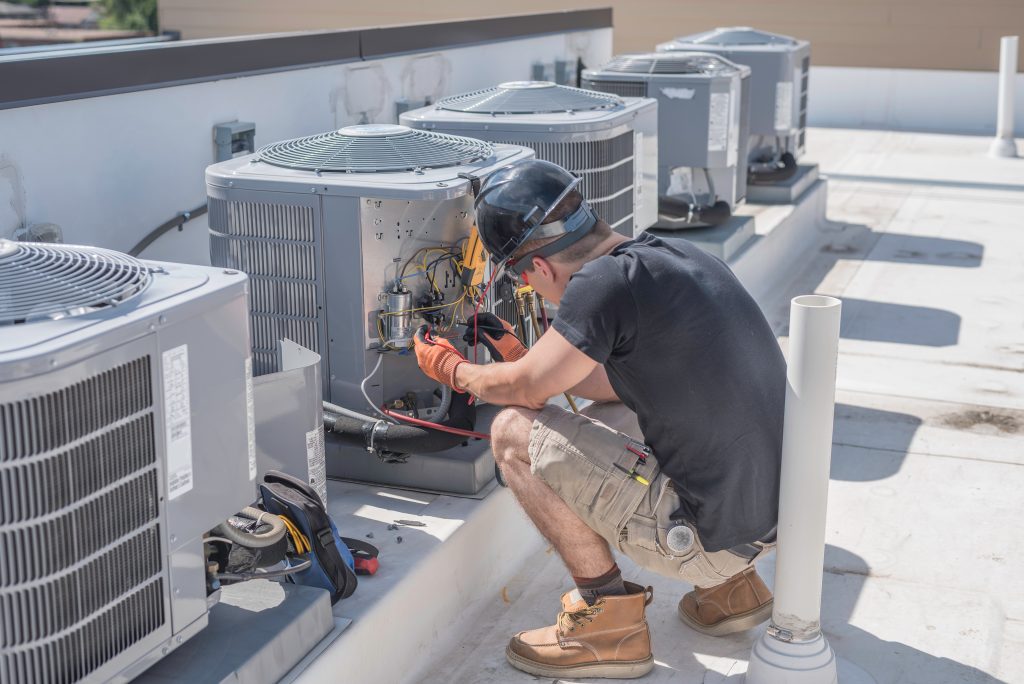
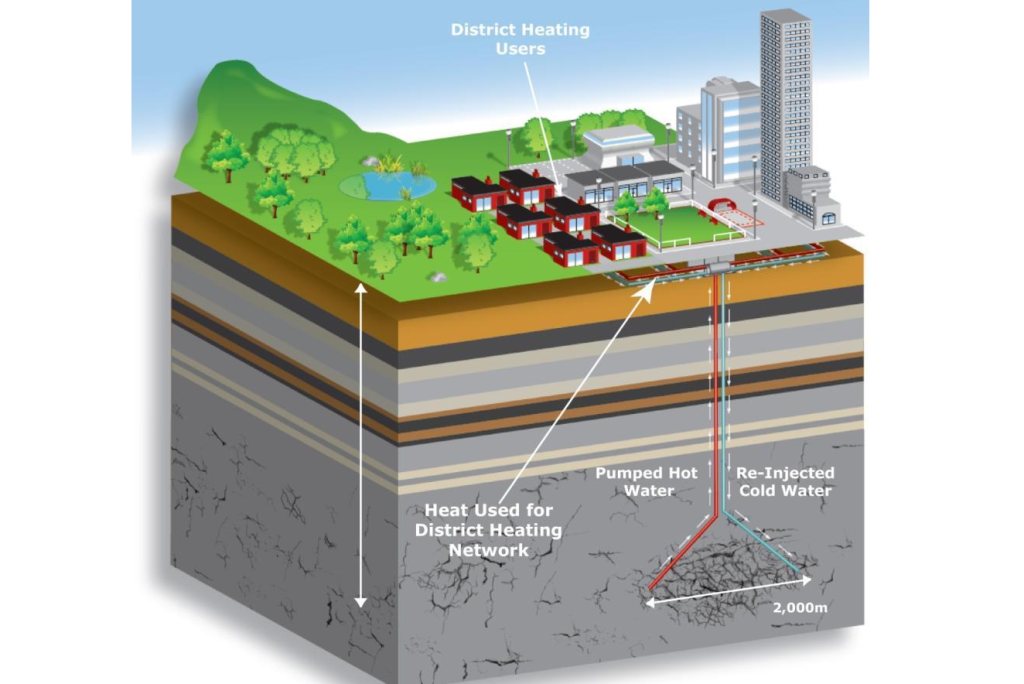

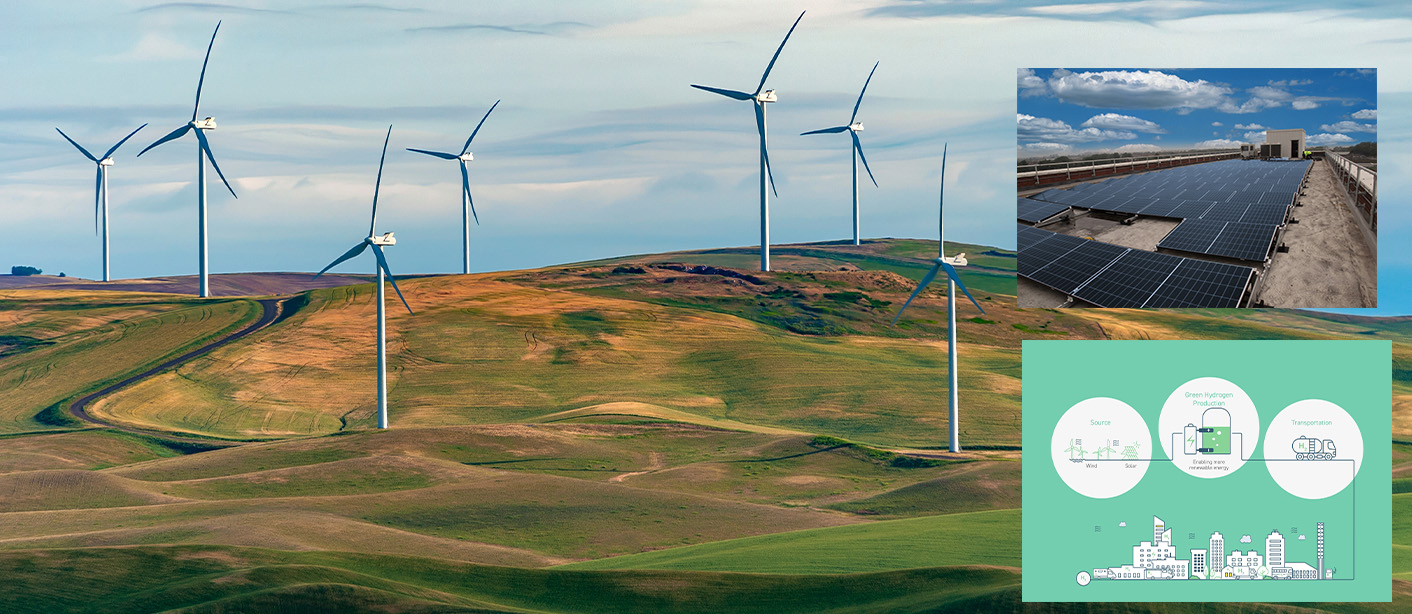
The OPEN will help meet the expanding needs for heating and power in the Oxford Road corridor area of Manchester and make a valuable and lasting contribution to decarbonising heat to help the City achieve its ambitious emissions reduction targets by 2038.
The OPEN brings:-



The Octagon Project – an urban regeneration scheme.
Manchester City Council and the Greater Manchester Combined Authority (“GMCA”) Low Carbon Initiative Partners.
Manchester City Council is a long-term supporter of the OPEN, having entered into a Memorandum of Understanding in 2016 to prove the feasibility of the project and implement the scheme. Working closely with the GMCA, both bodies are committed to ensure its success and enable the OPEN to make a valuable and permanent contribution to their ambitious target, to become Net Zero North West by 2038. The GMCA Low Carbon Fund are also keen to invest in the OPEN.


The OPEN will:
“The central and driving ethos of MEPL is that net-zero carbon targets can only be achieved if all stakeholders cooperate in order to ensure that community sustainability prevails over the pursuit of insular self-sufficiency”.
Steve Willock & Richard Everton Manchester Energy Partnership
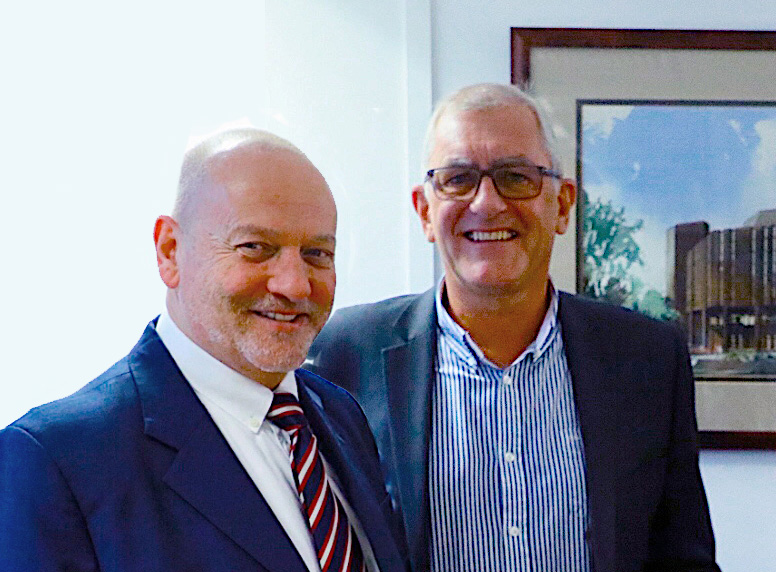
The OPEN offers:

If you are a large bulk energy consumer and your buildings
is located within reach of our network (see Project Area
Plan), then we want to talk to you.
Private and public sector buildings, commercial
businesses, educational facilities and centrally managed
residential blocks and estates, we want to help you
decarbonise your properties, reduce energy costs and
consumption, reduce your maintenance costs and mitigate
the cost of large capital expenditure projects, that you may
feel pressure to commit to in light of government targets
for reducing carbon emissions and current energy price
volatility


Connecting to the Oxford Road Campus, for the provision of heat, electricity and cooling to key off takers that should include the NHS MUFT Hospital its expected to contribute considerable off take of low carbon heat and add support for additional electricity demand in this very power constricted area of the city.
the establishment of teh OPEN s an important element of a citywide deployment of both decentralised energy and the decarbonisation strategy of the City of Manchester and the wider GMCA region.
This methodology, engaging with public sector bodies as the anchor for the development of heat networks throughout the UK, is promoted by central government (BEIS), which seeks to encourage NHS Trusts, (as large contributors to carbon emissions and exemplar, high-profile employers), to take the lead in connecting to Decentralised Energy Networks, as essential platforms for decarbonising heat in urban areas.

To do so MEPL will engage with all stakeholders and potential off-takers to understand their needs and then design, construct/install, finance, commission, own, operate and maintain the OPEN, comprising:-

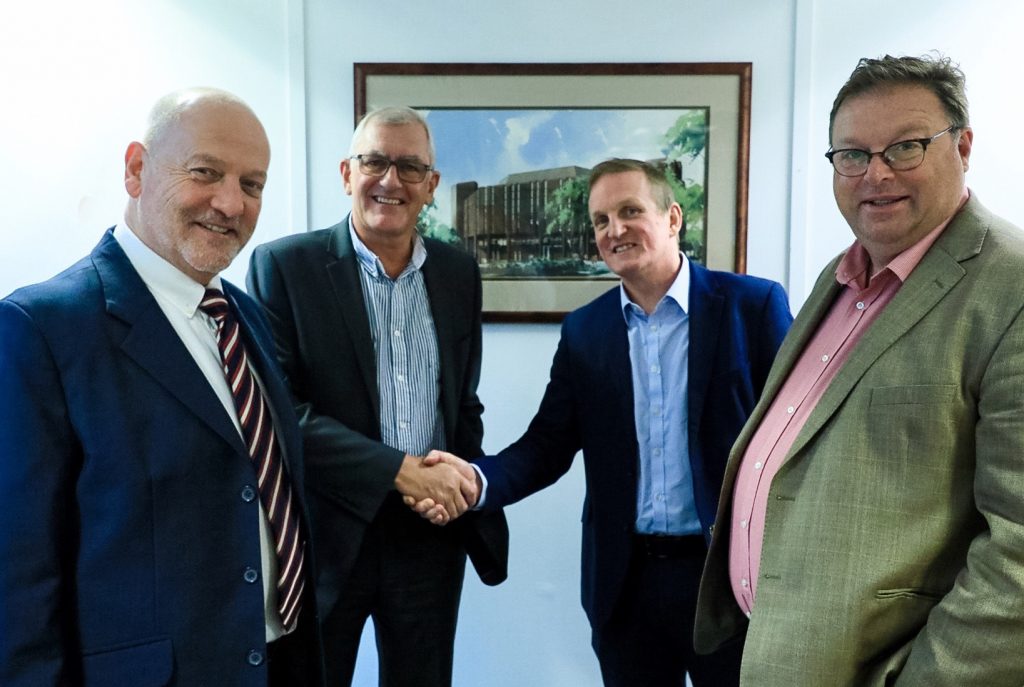
Each off-taker will be given the opportunity to engage with MEPL to provide an holistic energy supply solution for the provision of heat, power and cooling, to each operational site.
The Off-taker Agreement will incorporate a clear, equitable,
practical, commercially acceptable and fundable solution, that provides a robust “tariff and pricing structure”, for both off-taker and supplier alike, within a framework which accounts for the rate of decarbonisation of the grid, as an agreed reference point for MEPL?s performance in reducing carbon factors for the energy supplied.

The project is fully supported by Manchester City Council (“MCC”), the Greater Manchester Combined Authority
(“GMCA”) and the Department of Business Energy and Industrial Strategy (“BEIS”)

Sir Richard Leese, Former Leader of Manchester City Council and GMCA Mayor, Andy Burnham together with their respective Low Carbon teams, have long recognised the
environmental and positive economic
impact of backing and implementing
projects such as the OPEN that contribute
to these goals.
“Manchester City Council is committed to
utilising district heating networks across the
city as a strategic aid to assist in lowering carbon emissions, reducing energy costs
for public buildings and commercial
businesses across the city, and where
possible reducing energy costs and public
liabilities within the social housing sector. In
2017 the city council has engaged in a
formal memorandum of understanding with
the Manchester Energy Partnership for the
delivery of the Octagon Project Energy
Network. This ambitious project continues
to have our full support, recognising the
diversity and number of off-takers seeking
to the connect to this network including;
NHS facilities, a large social housing group
and multiple commercial operators who will
benefit from energy cost reductions, whilst
also contributing to the city’s commitment
to reductions in carbon emissions. We
continue to work closely to help this project
succeed in construction and its delivery of
the forecasted benefits to the city”.

Sir Richard Leese
Leader Manchester City Council Retired

“The Greater Manchester Combined Authority recognises the importance and essential contribution that these projects will make in assisting the region to meet its carbon reduction targets by 2038.
The Authority is committed to reducing its dependency on fossil fuels and grid-based electricity supply by enhancing local generation and the use of renewable energy resources. GMCA has been involved in the Octagon Project Energy Network and MEPL since its inception in 2015 and has helped with funding via BEIS HNDU support of the techno-economic study and the early-stage design planning of the network and energy centre.
I am delighted to see that this important project continues to move closer towards commencing construction and pleased to lend my continued support to the Manchester Energy Partnership Team.”

Andy Burnham
Mayor of Greater Manchester

The Department for Business Energy and Industrial strategy state that, Heat networks are a crucial part of how the UK will reach its net-zero targets as they can be one of the most cost-effective ways of decarbonising heating at a fair price to consumers, while supporting local regeneration.
They are uniquely able to unlock otherwise inaccessible larger scale renewable and recovered heat sources such as waste heat from industry and heat from rivers and mines.
They will therefore play a key role to achieving net-zero. The Climate Change Committee has estimated that around 18% of UK heat could come from heat networks by 2050 to support cost-effective delivery of our carbon targets.
“Triple Point manage the funding support to underpin Heat Network developments in the UK including The OPEN, which has benefited from almost ¸15m in the current project for Manchester”.

Ken Hunnisett
Managing Director

Committed project stakeholders including executive, financing, funding, design, technology and construction


The team is led by Richard Everton, who has a proven track-record in property development and infrastructure projects throughout the UK and particularly in Greater Manchester. He has a wealth of experience in PFI/PPI and urban regeneration projects and DBOOM service delivery projects for both public and private sectors.
“I am delighted that the tenacity and single mindedness of the MEPL team has turned what was a personal ‘pipe-dream’ into a financially viable and practical reality for the city of Manchester.”
Richard Everton
Manchester Energy Partnership Limited
Chairman


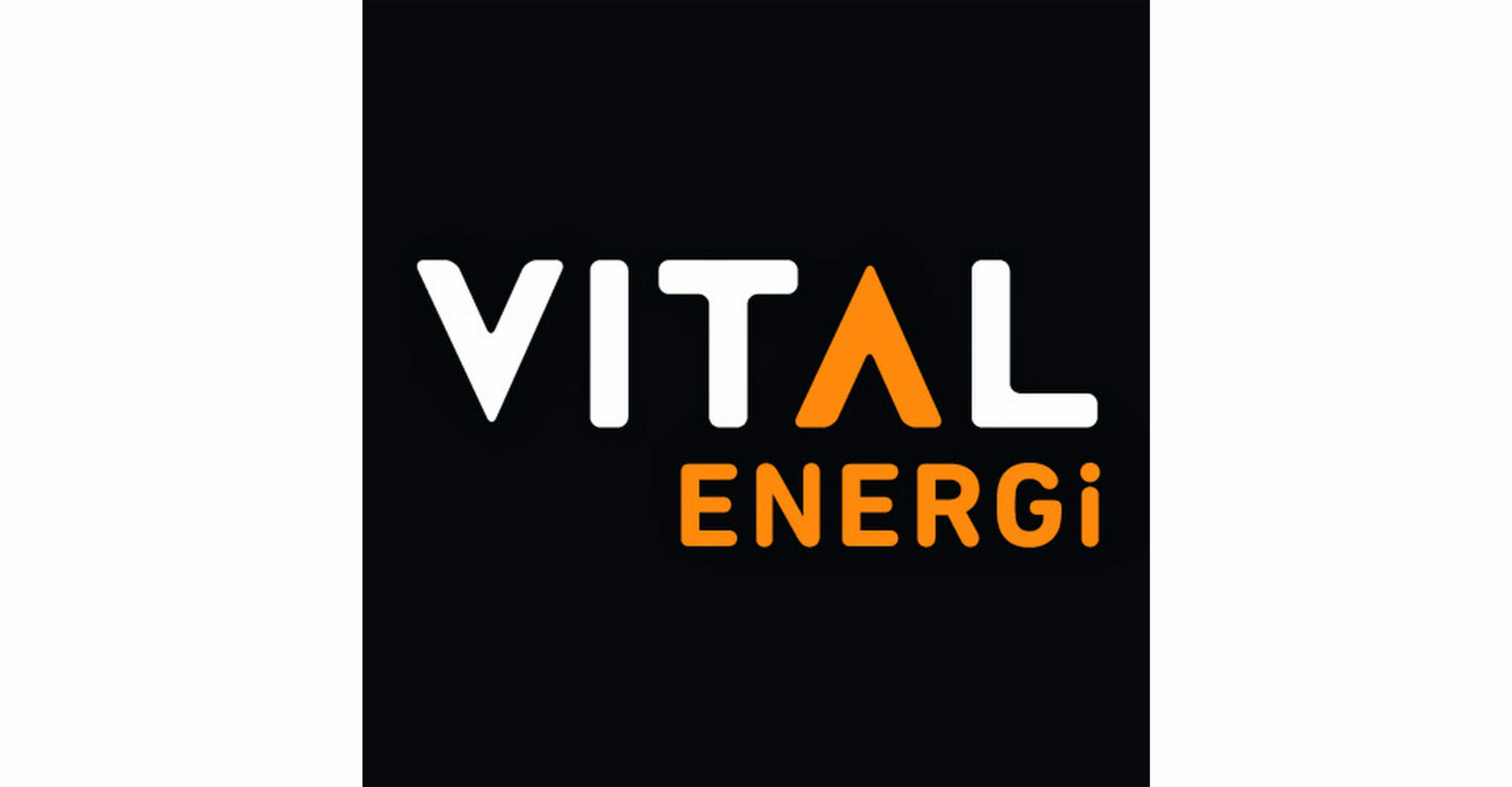
MEPL have worked closely with Vital Energi since the original Heat Network Development Unit funding was agreed to conduct the feasibility studies for the OPEN.
Their council and expertise have been an essential part of the continued program of improvements we have sought to meet the continually changing challenges of decarbonisation and policy that have been demanded throughout our timeline from central, regional and city wide public sector demands. Vital have developed into the UKs leading distributed heat network design, installation, operating and maintenance providers, serving significant public sector and healthcare demands alongside helping private sector businesses to decarbonise.
Phil Mottershead
Project Development Director
Vital Energi Limited


The ENWCML team are experts in the design, delivery and maintenance of world class infrastructure projects which, via COMA agreements, it undertakes for many of the larger energy consumers within the project area.
With an in-house HSEQ team, responsible for the implementation
of policy and standards, ENWC&M works to some of the most stringent
safety standards in the industry to bring electrical security throughout any project.
“The North West Electricity Group is hugely committed to supported
local generation projects, capable of delivering meaningful volumes of electrical energy, in congested city areas.”
Jim Hallas
Director
Electricity North West (Construction & Maintenance) Limited

The Octagon Project Energy Network Manchester Energy Partnership Limited Suite 3. 31 Station Rd, Cheadle Hulme Cheadle, Cheshire SK8 5AF United Kingdom
bepartofit@octagonproject.co.uk
0161 282 4528
